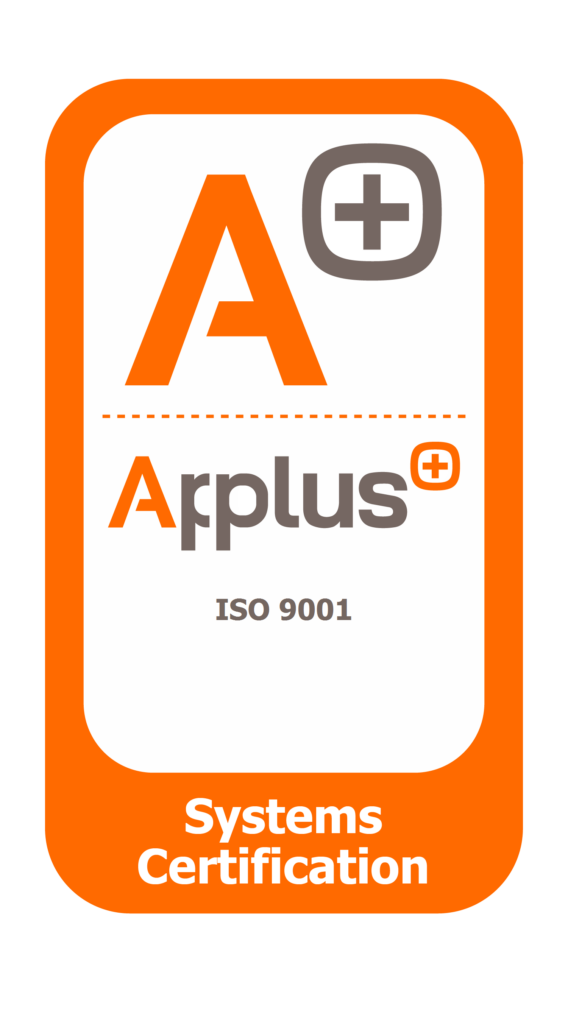Introduction to Smart Waste Solutions
Smart waste solutions are transforming the way cities manage urban waste by leveraging Internet of Things (IoT) technologies. These solutions use connected sensors and real-time data to optimize waste collection, reduce operational costs, and support sustainability efforts. thethings.iO empowers municipalities and companies to implement smart waste management through intuitive dashboards and real-time monitoring. By adopting these technologies, cities can improve efficiency and foster cleaner, greener urban environments.
How IoT Enhances Waste Management Efficiency
Smart waste solutions rely on IoT sensors installed in waste bins, compactors, and collection vehicles tomonitor fill levels, temperature, and location data. As a result, waste collection can be scheduled dynamically based on actual demand rather than fixed routes. This reduces unnecessary pickups and lowers fuel consumption and emissions.
Moreover, real-time monitoring helps detect overflowing bins or irregular disposal patterns, allowing for quicker response times and improved urban cleanliness. thethings.iO platform offers seamless integration of these devices and provides custom dashboards where city officials can track and analyze waste data effortlessly.
Key Benefits of Smart Waste Solutions
Cost Reduction and Operational Efficiency
By optimizing collection routes, cities can significantly reduce transportation and labor costs. Smart waste solutions prevent unnecessary trips, minimizing vehicle wear and tear and lowering carbon footprints. These efficiencies translate into budget savings and improved municipal services.
Environmental Impact and Sustainability
Smart waste systems contribute to environmental sustainability by decreasing greenhouse gas emissions associated with waste transportation. Additionally, sensors help monitor hazardous waste and enable better segregation, improving recycling rates and waste processing efficiency.
Improved Public Health and Urban Cleanliness
Timely collection and overflow alerts prevent littering and pest infestations. Consequently, it enhances public health by keeping streets cleaner and reducing pollution. Cities using thethings.iO platform can provide more responsive, efficient and transparent waste management services to their residents.
Challenges and Considerations for Implementing Smart Waste Solutions
While the benefits are clear, deploying smart waste systems requires careful planning. Integrating IoT devices with legacy systems can be complex and requires robust safeguards for data security and privacy. Furthermore, the initial investment in sensors, connectivity, and platform services needs to be balanced with long-term gains.
thethings.iO simplifies this process by offering scalable IoT SaaS solutions and customized control panels under clients’ branding. Their expertise in both hardware and software enables organizations to navigate these challenges and accelerate smart city initiatives.
The Future of Urban Waste Management with IoT
As IoT technology continues to advance, smart waste solutions will become even more sophisticated. Integration with AI and machine learning will enable predictive analytics for waste trends, further enhancing operational planning. Edge computing will allow data to be processed locally, reducing latency and enhancing system reliability.
Ultimately, adopting smarter solutions powered by platforms like thethings.iO will be essential for cities aiming to improve efficiency, sustainability, and quality of life for their residents.


